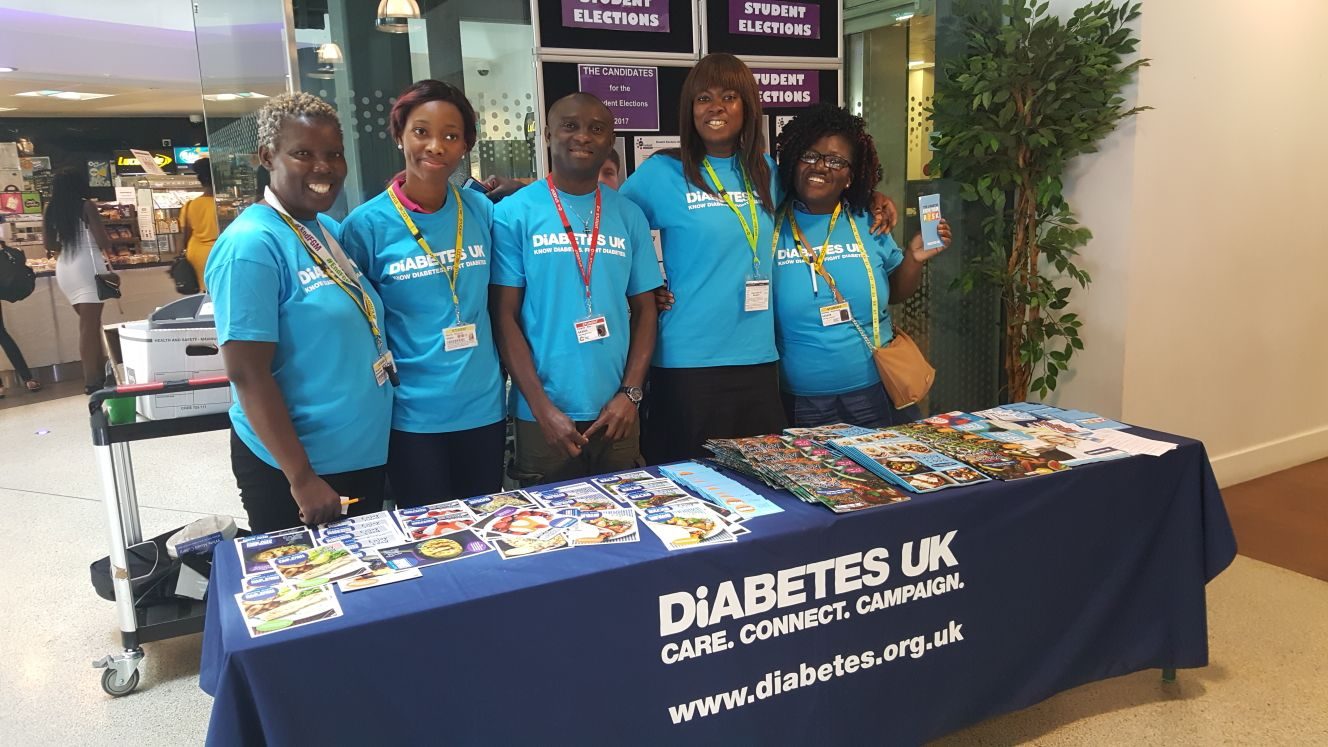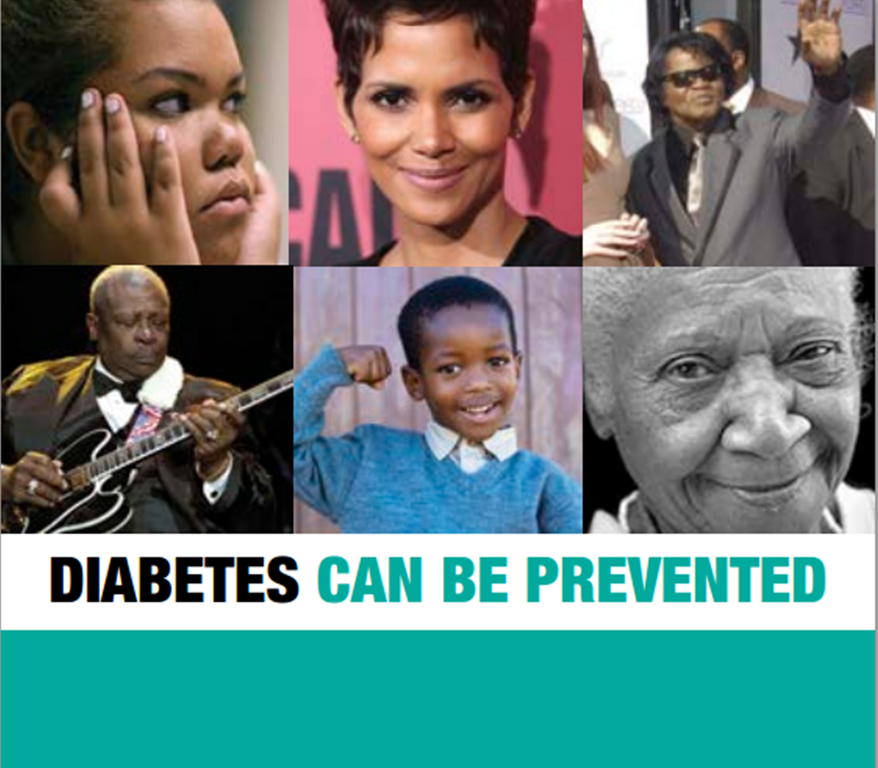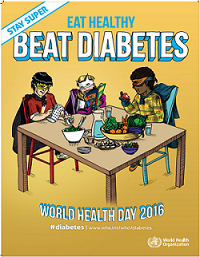A Touch of Sugar – A New Film About Type 2 Diabetes
On 25th April, the pharmaceutical company Merck launched their new documentary, A Touch of Sugar, at the Tribeca Film Festival.
The documentary is narrated by the award-winning actress Viola Davis who has a strong family history of type 2 diabetes and who herself is pre-diabetic.
The World Health Organisation has reported that in 2014, 422 million people worldwide were living with diabetes. The majority of these patients, about 90%, are living with type 2 diabetes.
Type 2 diabetes is now considered by many to be an epidemic and the film, A Touch of Sugar, delves into this chronic condition by telling the story of the many people who have been affected. The film features interviews with patients, family members, doctors, advocates and thought leaders to raise awareness of diabetes, its impact on society and the importance of focusing on underserved communities.
You can watch the trailer for the documentary below:
A Touch of Sugar Trailer from A Touch of Sugar on Vimeo.
A Touch of Sugar is part of Merck’s program, ‘America’s Diabetes Challenge: Get to Your Goals’ which encourages type 2 diabetics to work with their doctors to reach a number of health goals.
You can reduce your risk of developing type 2 diabetes by maintaining a healthy weight, eating a healthy diet and taking part in at least 150 minutes of physical activity every week. If you have diabetes, speak to your doctor about the lifestyle changes that you can make to ensure that you’re managing your condition effectively.
In St Kitts and Nevis, diabetes is also a major health challenge, you can read about this here
We have started facilitating regular chronic disease self-management courses. These courses have been developed by Stanford University and have been proven to help those living with chronic conditions such as diabetes live well despite their condition.
If you live in St Kitts and Nevis and would like to learn more about managing chronic diseases, you can register to attend our next chronic disease self-management course, by sending us an email.















